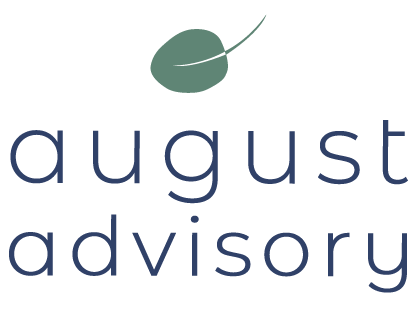The Importance of Language and Ownership
We work with clients to help them embrace risk practices and see them as an opportunity for action and growth.
Since starting over two years ago, we have worked with businesses across different sectors:
🏦 member-owned financial institutions
🤚 national not-for-profit
📈 scaling-up insurance
🏥 healthcare provider
🧑🏻💻 accounting practice
🔗 procurement business
We are asked to start in a lot of different places which makes every client engagement different:
✅ regulatory change
✅ a merger process
✅ an audit remediation
✅ a team struggling under the volume of work or where to start, or
✅ a team needing a strategic roadmap.
The Two Key Things
Always, we very quickly get to trying to normalise two things:
1. LANGUAGE – We must be talking the same language or we will be talking at cross purposes, and I hear you on risk jargon!
Being clear about terminology is a critical baseline activity as often terms are used differently across industries, clients or even teams. This could be, for example:
· the difference between a risk, hazard or incident; or
· the set of risks that could stop an entity meeting their objectives; or
· the way a business describes its process/service catalogue, or
· the terminology used to rate or rank different types of risks.
2. OWNERSHIP – I know that in this economic environment, the fees spent on our engagement were hard-won, so the work must be accepted to be embedded.
In order to ensure the work we do can be sustained after we have left, we try to identify who are the responsible people/roles that need to be engaged through our advisory process. This can include:
· Executives and Board members impacted by the scope of our engagement
· The team members who will be responsible on a day-to-day basis
· Owners of any systems or tools we will need to understand or change
· The internal audit teams who can sometimes be the last to know.
While there are lots of advanced risk management practices that are available and discussed on this platform, the clarity that comes from baselining LANGUAGE and OWNERSHIP are fundamental to an efficient and effective consulting engagement for me.
For those consultants out there, or perhaps even the clients, what do you think are important ingredients in an effective and efficient consulting engagement?


